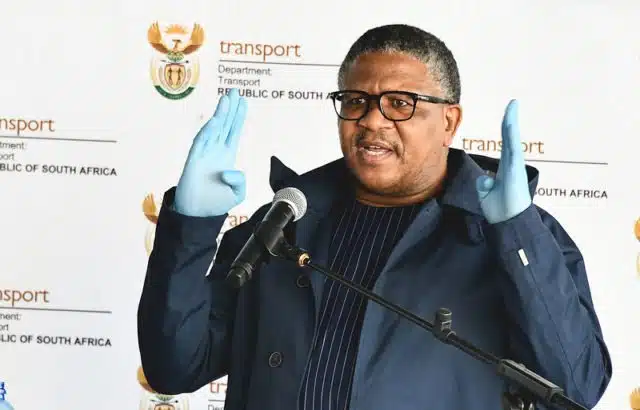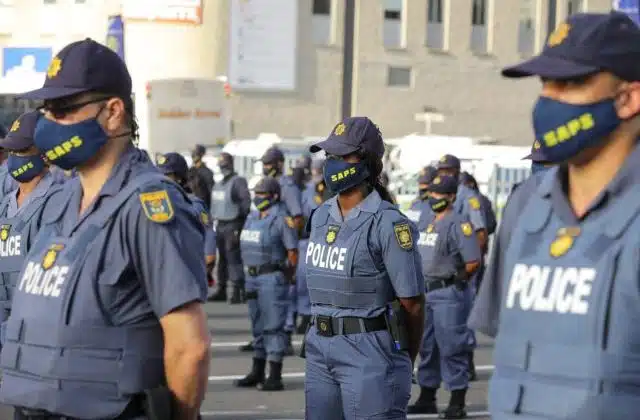
Government has lost the skills to fix South Africa’s roads: minister
The government is developing a new policy plan to address South Africa’s ageing road infrastructure, but issues such as a shortage of skills and lack of funding continue to hinder the sector, says transport minister Fikile Mbalula.
Responding in a recent written parliamentary Q&A, Mbalula noted that road infrastructure plays a critical role in the economy. “It is for this reason that while the department is putting policies for rail sector, the road sector is going ahead with its road infrastructure plan,” he said.
He added that the road policy is being developed with four critical chapters, namely:
- Road Safety,
- Road Financing,
- Non-Motorised
- Road infrastructure delivery models.
“The consultation of this policy position is underway and would be concluded soon,” he said. However, Mbalula also acknowledged that there are several challenges still facing the sector, including:
- There is a shortage of requisite technical skills, particularly at provincial and municipal levels. Mbalula added that government is unable to keep top engineers and relevant technical skills as the private sector pays more.
- Business forums disrupt projects demanding 30% (of pay) without doing any work.
- Another challenge is the level of funding in general, which is still lower than what is required and this is a general problem across all sectors. “As the economy improves, we believe the government will be able to assist all sectors of our economy,” he said.
In a February address, Mbalula said that 80% of South Africa’s roads have reached the end of their design life. “Amongst the many challenges we seek to tackle, we remain burdened with the intractable challenge of the road maintenance backlog,” he said.
“The total paved and gravelled network at the provincial level is 184,816 kilometres. 40% of this (provincial) network has reached the end of its design life, as approximately 80% of the (national) road network is now older than the 20-year design life.”
While the South African National Roads Agency (Sanral) is responsible for the primary network, provinces and municipalities are responsible for the secondary and tertiary networks, he said.
Schedule 5 of the Constitution provides that provincial roads and traffic are an exclusive provincial competence, while municipal roads, traffic and parking are exclusive municipal functions.
Despite this, Mblaula acknowledged that the national sphere of government has a responsibility to ensure that provincial and municipal roads are managed correctly due to their important role in the economy.
“Most of the provincial road funding comes from the national budget in the form of the provincial road maintenance grant (PRMG). The provincial road network condition has been on a steady decline since the early 1990s due to several reasons that include a curtailed funding allocation and the shrinking project output by the road sector.”
Read: Cape Town plans to build a ‘sky circle’ to help ease traffic



